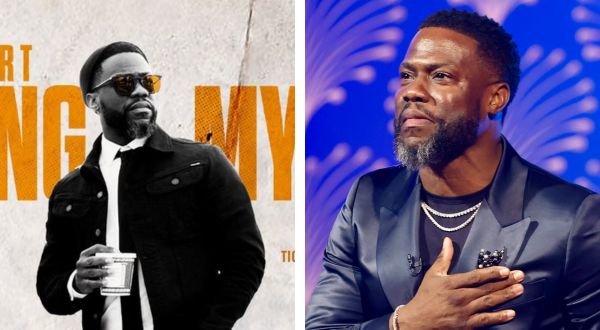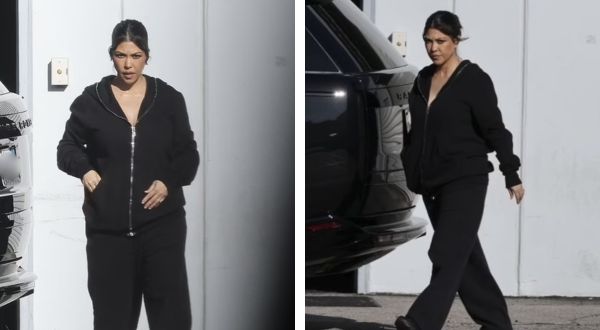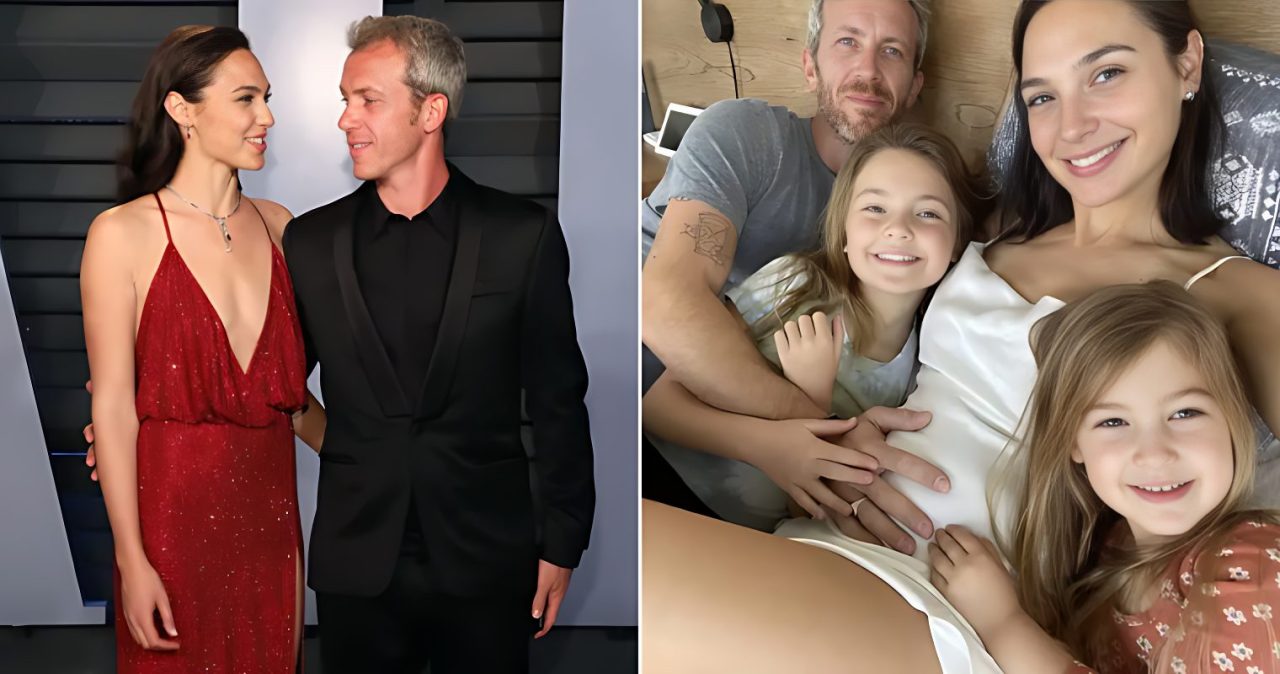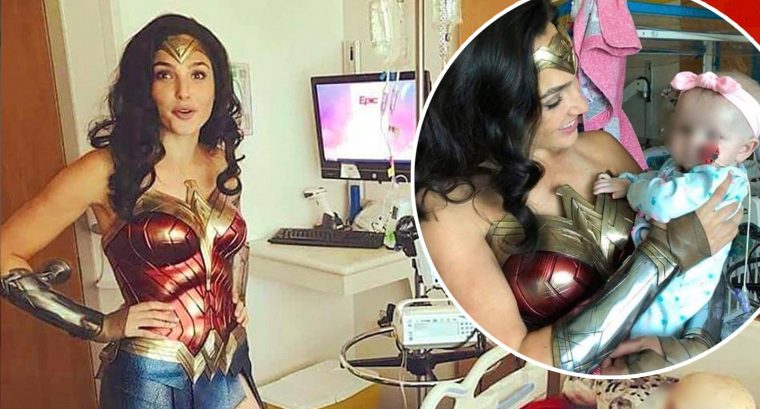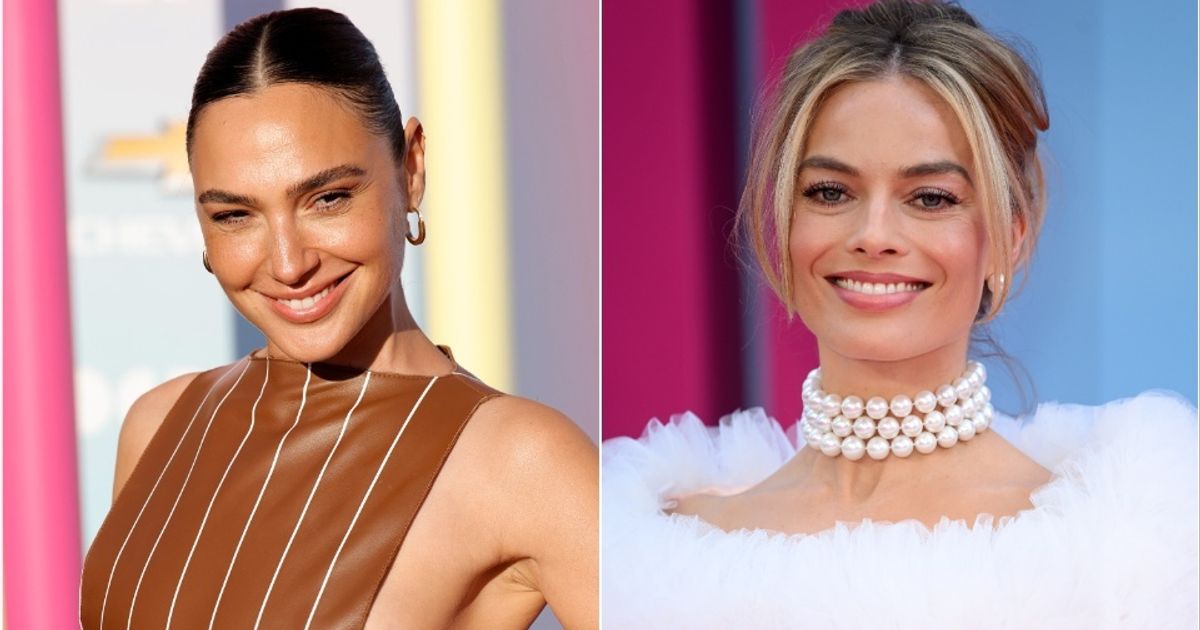The MCU multiverse has already created a handful of problems for Marvel Studios, and Phase 5 needs to fix them all. But can the issues be solved?
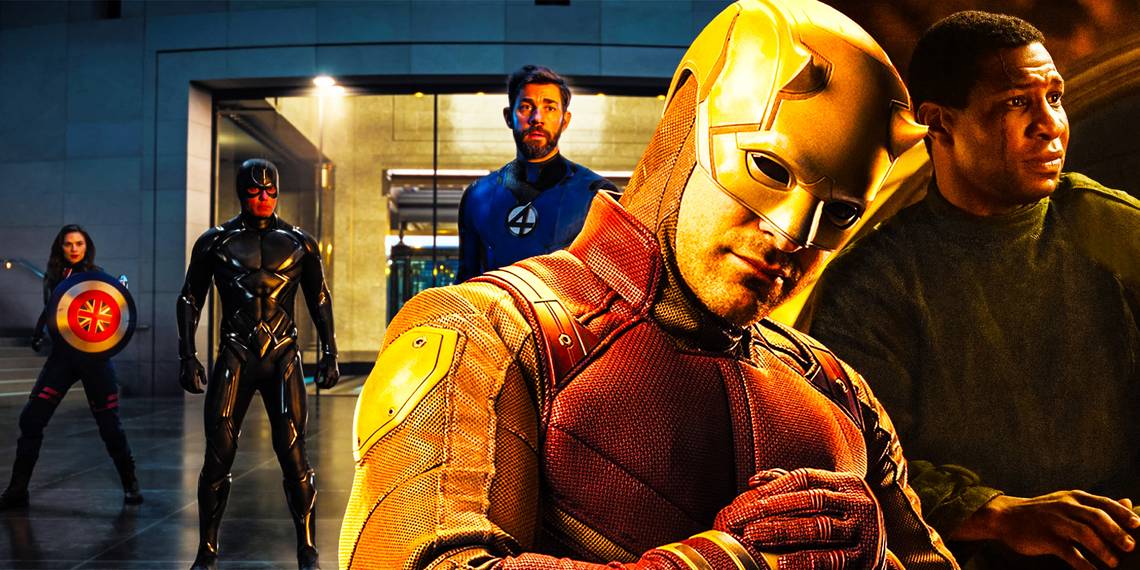
The Marvel Cinematic Universe is fully embracing the multiverse, but multiple problems have emerged that Phase 5 needs to fix. Confirmation that Phases 4-6 will be known as the Multiverse Saga left no doubt about where Marvel Studios was taking the franchise after the Infinity Saga’s conclusion. Audiences have seen the beginning of the push to explore more universes than the one from the MCU’s main timeline as a result. The multiverse has since become part of Disney+ shows like Marvel’s What If…? and Loki, as well as movies like Doctor Strange in the Multiverse of Madness and Spider-Man: No Way Home.
Similarly to how the MCU took a while to figure out how to incorporate the Infinity Stones and Thanos into the universe, Phase 4’s multiverse push came with its own set of growing pains. They go beyond questions about the multiverse’s rules, but Marvel cannot afford to waste time to figure everything out. The slate is already barreling toward Avengers: The Kang Dynasty and Avengers: Secret Wars. With the setup for the Multiverse Saga’s conclusion only set to increase, these are the MCU multiverse problems that Phase 5 needs to fix.
5. The MCU’s Multiverse Must Make Other Universes Matter
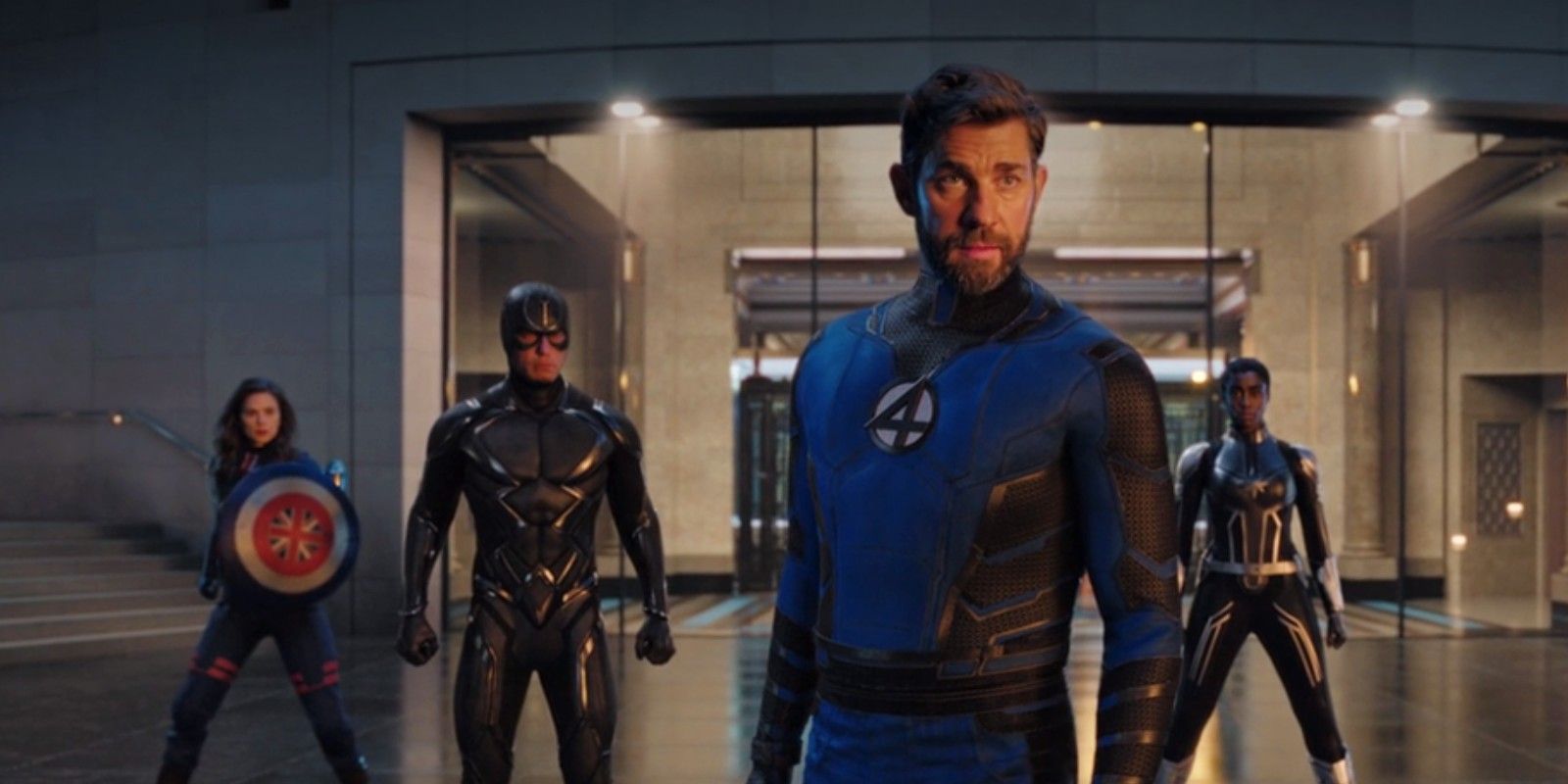
One of the big appeals of the MCU multiverse is the ability to visit other universes and see how different the franchise would be if certain events went differently. However, Marvel Studios has so far not given its projects ample time to explore them. Marvel’s What If…? had the best chance to do this by dedicating entire episodes to new universes that mirrored the main MCU timeline’s characters and events but with key differences, but not every episode was that successful in making audiences care about these alternate universes. Doctor Strange in the Multiverse of Madness then surprisingly only really spent time on Earth-838 beyond the main universe.
Without spending more time in these other universes and giving audiences a chance to connect with the characters, Marvel will have a difficult time making people care about these multiverse stories. The MCU is building toward Avengers: Secret Wars and keeps mentioning incursions, multiversal events where two universes collide and kill one or both universes. This positions the MCU to pit the main Earth-616 universe against another universe in a fight for survival. Audiences will default to rooting for the main MCU characters no matter what, but the conflict will be greater if Marvel finds a way for there to be relationships between viewers and these other universes.
There is a big shortcut Marvel Studios can take to make audiences really care about the other universes in the MCU multiverse. The franchise could use other Marvel movie franchises as the foundation for the different universes. This can bring Fox’s X-Men timeline, the various Spider-Man movie franchises, and more into the MCU multiverse. While that would be a simple way for Marvel Studios to make viewers care about the fate of these other universes, it does not totally fix the MCU’s multiverse problems.
4. The Multiverse Needs To Be About More Than Marvel Cameos
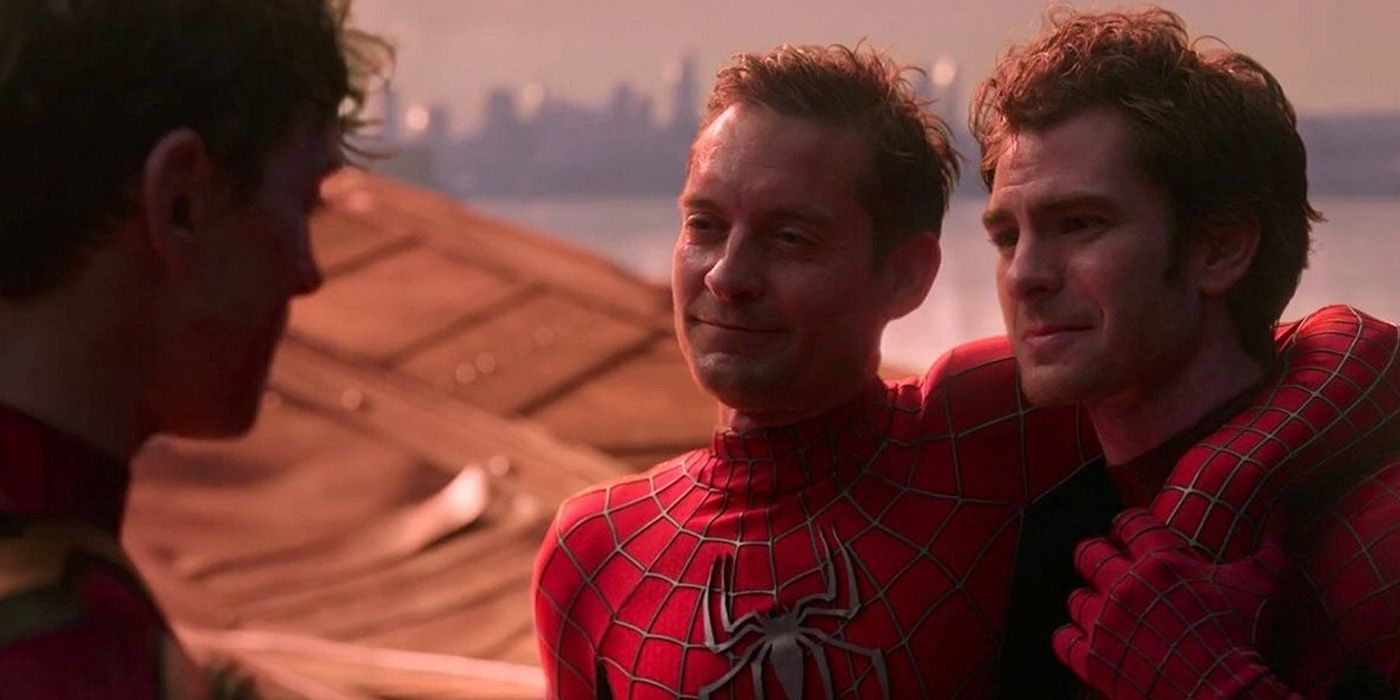
There is a growing criticism of the MCU multiverse that Marvel is too focused on using it as a means to deliver major Marvel cameos. Spider-Man: No Way Home went all-in on this approach by bringing back six former Spider-Man movie villains, Tobey Maguire and Andrew Garfield’s versions of Spider-Man, and even Tom Hardy’s Venom. Doctor Strange in the Multiverse of Madness continued the multiverse cameos addiction to bring back Patrick Stewart’s Professor X, bring Hayley Atwell’s Captain Carter to live-action, and let Lashana Lynch’s Maria Rambeau become Captain Marvel. It also allowed Inhumans star Anson Mount to be Black Bolt again and John Krasinski to cameo as Reed Richards.
While some of these MCU multiverse cameos were quite effective in terms of giving the characters major roles in the narrative and emotion, most come across more as examples of Marvel Studios going too far for nostalgia and fan service. There is no doubt that more multiverse Marvel characters are coming, as Deadpool 3 is already confirmed to include a few with Ryan Reynolds’ Deadpool and Hugh Jackman’s Wolverine. This could be an example of how the MCU is fixing this multiverse problem, as they will be the main characters in the movie, not characters included for a momentary endorphin rush.
3. The Multiverse Makes MCU Deaths Less Impactful
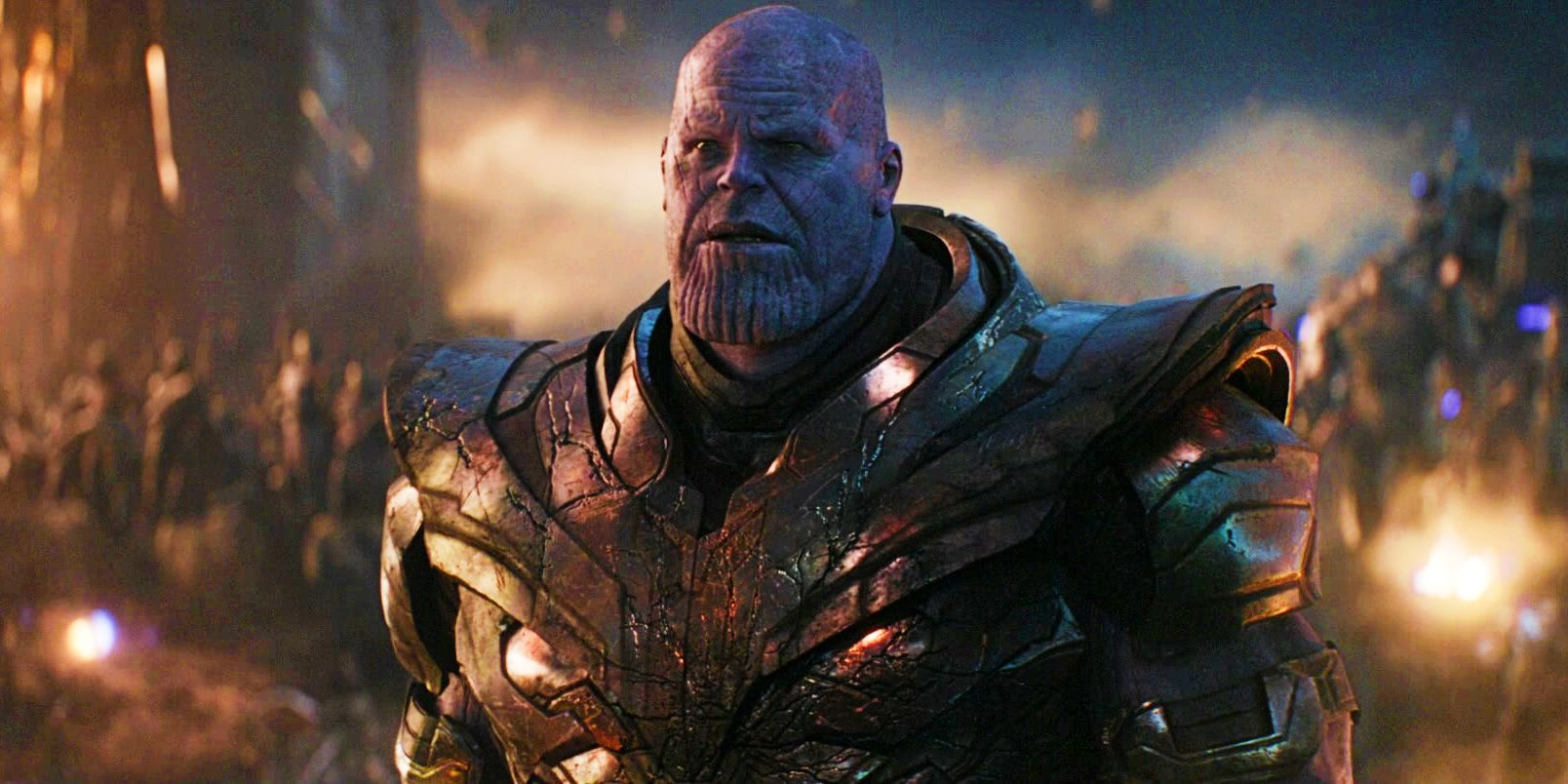
Another example of an MCU multiverse problem is the impact it has had on character deaths. This is not a unique issue for the MCU but more so a flaw that comes with the multiverse concept in general. The second that alternate realities were introduced, the stakes of MCU deaths became lessened. Audiences already saw Thanos return (albeit through time travel) in Avengers: Endgame after he died in the beginning. That has only increased theories that anyone who has died in the MCU can and will return in some fashion. For example, there has been no shortage of theories that Iron Man will return through the multiverse now.
The multiverse makes it more difficult for deaths to have a sense of finality to them in the Multiverse Saga. When various projects are using multiple versions of the same character, killing anyone becomes less significant, as a new variant could appear without any real trouble for Marvel. That means whoever dies in Guardians of the Galaxy Vol. 3 or any other surprise MCU deaths in Phase 5 could be undone. Unfortunately for Marvel Studios, there is no great way to fix this issue beyond standing firm in its stance that the multiverse will not be used cheaply to bring back Robert Downey Jr.’s Iron Man and others.
2. There Needs To Be A Main Kang In The MCU Multiverse
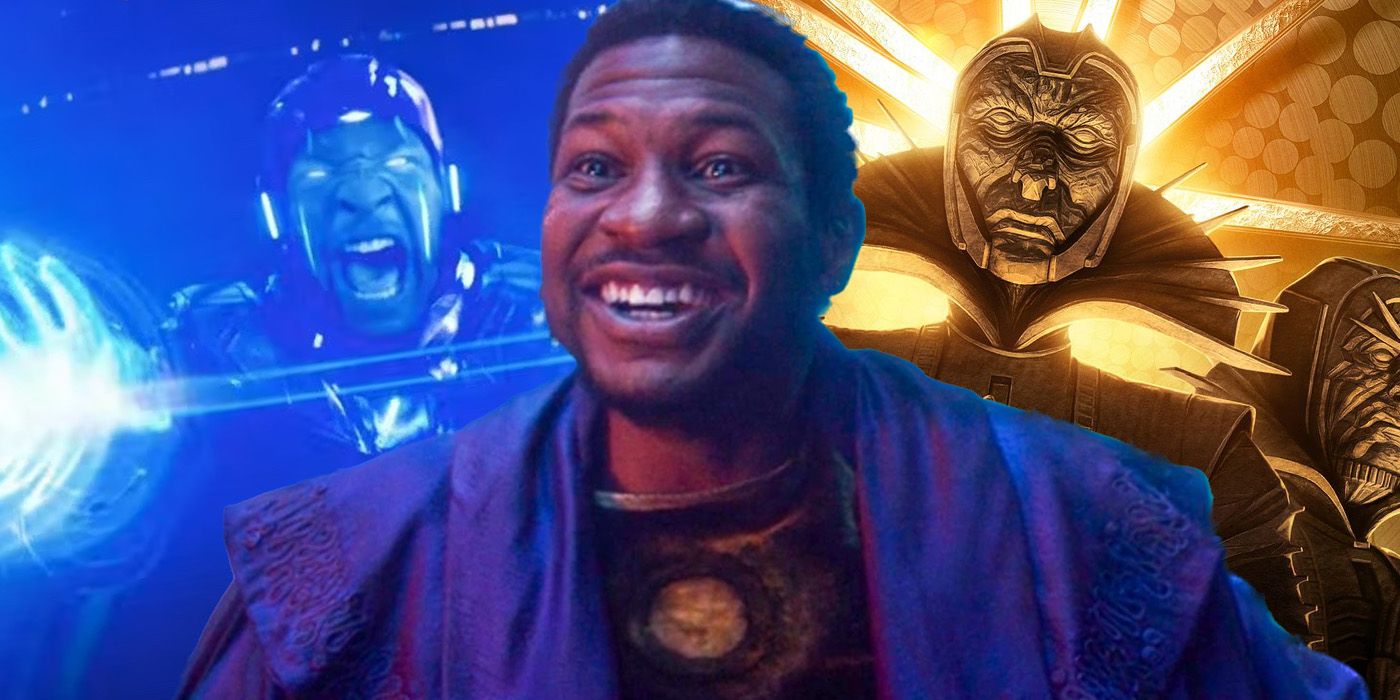
A recent MCU multiverse problem that has emerged is the issue of which Kang variant is the franchise’s actual main villain. Audiences have seen He Who Remains in Loki and Kang the Conqueror in Ant-Man and the Wasp: Quantumania, while the MCU Phase 5 movie also introduced the Council of Kangs and a few other notable variants. It certainly is fun to see Jonathan Majors deliver several different performances within the same role, but Marvel’s multiverse plans would benefit from having one main Kang variant who is the franchise’s real big bad. Currently, the villain of the Multiverse Saga is more of an idea than a practical threat.
Kang’s variants should still have a role to play in Multiverse Saga, but Marvel needs to begin establishing which one is going to be the franchise’s real Thanos replacement. The Mad Titan loomed large throughout the Infinity Saga, and there was never any doubt about which version the Avengers would fight. This is not the case with Kang at the moment, as the MCU has killed the two main versions that have been featured. Not only does Marvel need to break the trend of killing Kang variants, but doing so could help establish which Kang is the one audiences and the Avengers will see more of in the future.
1.Marvel Needs To Confirm If Older Shows Are Canon Or Exist In The Multiverse
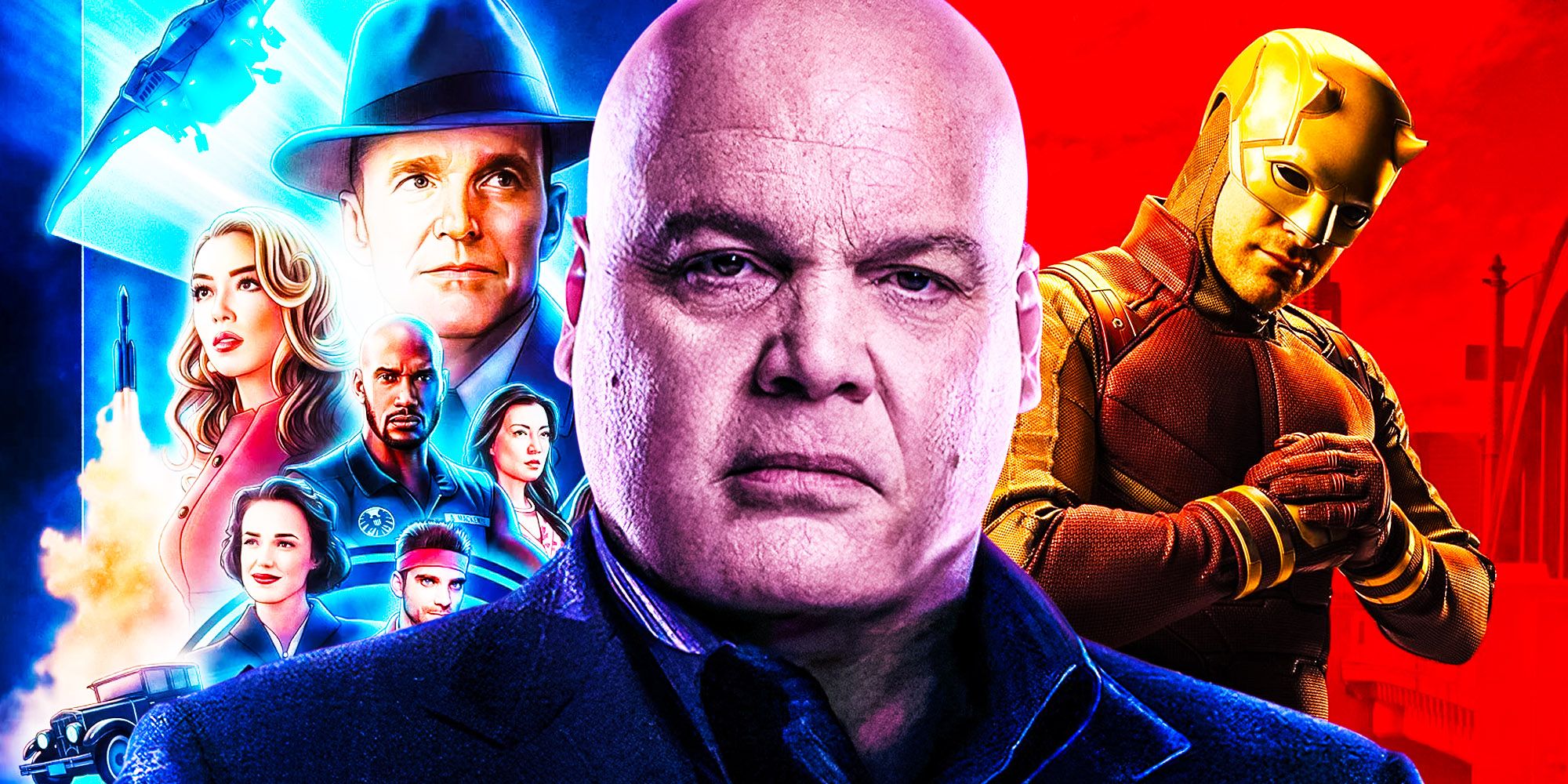
Marvel’s use of the multiverse also has created a canon problem regarding shows not made by Marvel Studios. Viewers saw Daredevil stars Charlie Cox and Vincent D’Onofrio return as Daredevil and Kingpin in Phase 4. However, Daredevil’s roles in Spider-Man: No Way Home and She-Hulk: Attorney at Law and Kingpin’s appearance in Hawkeye did not confirm whether they are the same versions of the characters from the Netflix show or variants. Marvel Studios intentionally left their statuses vague, keeping questions alive about if Daredevil is MCU canon. The same questions remain for other Netflix Marvel shows, Agents of SHIELD, and more.
This MCU multiverse problem does seem poised to be fixed by Marvel in Phase 5. Daredevil and Kingpin are returning for Echo and as the leads of Daredevil: Born Again. There have also been rumors about Chloe Bennet’s Quake from Agents of SHIELD, Krysten Ritter’s Jessica Jones, and Jon Bernthal’s Punisher returning. The more that Marvel Studios uses previous Marvel TV actors and characters, the more likely it becomes that some evidence will surface about if they are the original versions returning, which would confirm the shows take place in the MCU. If not, then they could all be considered MCU multiverse shows.
source: screenrant.com



